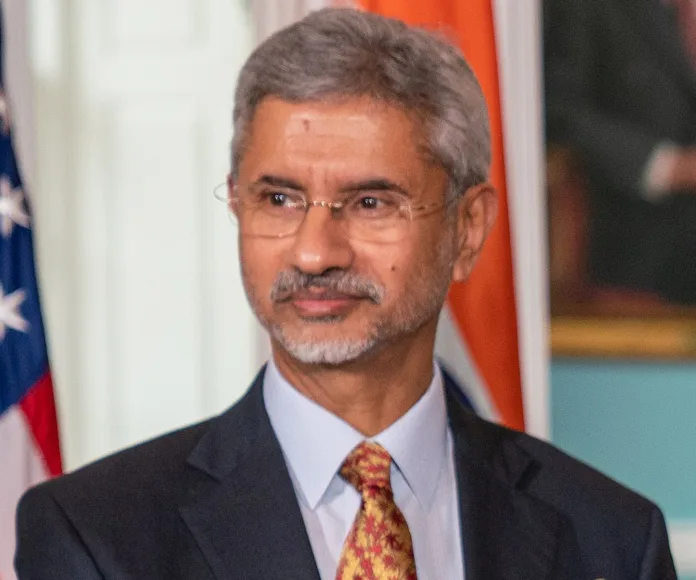Subrahmanyam Jaishankar’s upcoming visit to Pakistan for the Shanghai Cooperation Organisation summit dashes hopes for dialogue, despite calls for constructive engagement from Kashmiri leaders
India’s Foreign Minister Subrahmanyam Jaishankar has firmly dismissed the prospect of engaging in bilateral discussions with Pakistan during his highly anticipated visit to the 2024 Shanghai Cooperation Organisation (SCO) summit in Islamabad. This marks Jaishankar’s first trip to Pakistan in nearly a decade but hopes for a diplomatic thaw between the two nations remain dim.
In comments made to reporters on October 5, 2024, Jaishankar set the tone for his visit by clarifying that his agenda at the two-day summit, scheduled for October 15-16, is strictly focused on multilateral matters. “I am not going there to discuss India-Pakistan relations,” he stated emphatically. “I am going there to be a good member of the SCO, but since I am a courteous and civil person, I will behave myself accordingly.”
Jaishankar’s announcement arrives amidst ongoing tensions between India and Pakistan, primarily revolving around the conflict in Kashmir, which has remained a flashpoint since a deadly attack in the region in 2019. Since then, relations between the two countries have been in a state of deep freeze, with little sign of reconciliation.
Embed from Getty ImagesThis rejection of bilateral talks has dashed the hopes of various leaders, including Mirwaiz Umar Farooq, a prominent figure in Kashmir’s separatist movement. Farooq recently urged both nations to “break the ice and engage constructively,” calling for dialogue as a means to address the longstanding issues in the region. His plea underscores the urgent need for diplomatic engagement, particularly as both nations grapple with their respective challenges.
The Indian Ministry of External Affairs confirmed Jaishankar’s attendance at the SCO summit but refrained from detailing any potential meetings with Pakistani officials on the sidelines. Analysts suggest that any engagement, even informal, could serve as a crucial step towards easing tensions. However, the lack of interest from India’s side suggests that the status quo will likely prevail.
Jaishankar’s comments echo a sentiment expressed earlier this year, where he reiterated India’s stance on addressing the long-standing issue of cross-border terrorism. He emphasised that India seeks a solution to this persistent challenge but has made it clear that it cannot be considered the “policy of a good neighbour.” This rhetoric reflects India’s longstanding accusation that Pakistan supports armed rebels in Kashmir, a claim that Islamabad vehemently denies, asserting that it only offers political and moral support to what it terms “freedom fighters.”
As the SCO summit approaches, the geopolitical landscape remains fraught with complexities. India’s decision to prioritise multilateral engagements over bilateral talks suggests a strategy aimed at reaffirming its position within regional frameworks while avoiding direct confrontation with Pakistan. Nonetheless, the call for dialogue from Kashmiri leaders continues to resonate, highlighting the pressing need for a constructive approach to peace and stability in the region.
While Jaishankar prepares for his trip, the broader implications of this summit will be closely monitored by analysts and stakeholders. The absence of dialogue could signal prolonged tensions, not just between India and Pakistan, but also within Kashmir, where the call for peace and reconciliation grows louder amidst the persistent cycle of violence and unrest.
